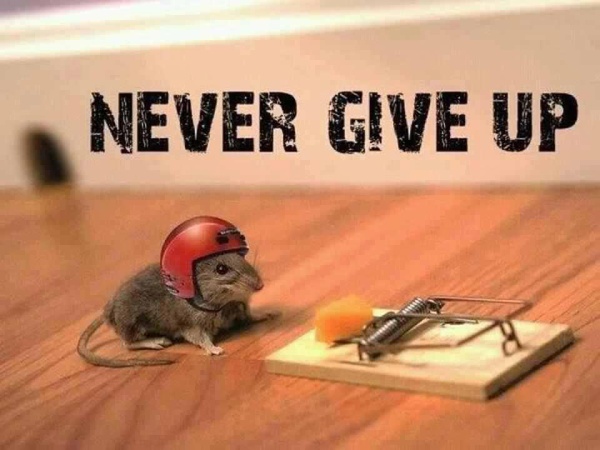It is Wednesday and here are the important points as we reach the midweek point.
English
We concentrated on going through the comprehension MCQ using the PRTA method (What I know and What I want to Know). Comprehension mcq and open-ended have been identified as your key areas of weakness and much has to be done to improve upon answering the questions. We went through reading of the questions first and mapping out 'What I know' from the questions given to form the story. With that understanding, we then read through the passage and make greater sense of the story and its plot. Continue to use this method for both comprehension exercises.
We also started on our composition for unit 2 today. We went through the question scenario and identified the main character, other characters and the main plot in the scenario. We completed the planning sheet except for the plot. Planning is always important for your composition writing and please remember to always plan ahead first.
Some of you were asking me what is the benefits of focus writing? I will reiterate that focus writing takes on a component (introduction / plot / problem / conclusion and solution) and really focus on writing that component. What I will do is to model writing that component for you and have you copy down the model writing for that focused component so that you have additional or a model section to refer to for ideas when doing your composition. It is more effective as I am teaching you how to focus on writing a section with quality.
We have also completed situational writing for Unit 2. Remember the key skills being taught and that is to identify your role and your target audience before you start. Identify the format too. In this instance, we touched on the format of email writing, one of the simplest form. Just to recap with you:
Dear ____________,
How are you? (State your purpose in your next sentence)
Yours sincerely/truly,
_______________
Email writing has one of the simplest format. The tip for any form of situational writing is not to overwrite, keep to simple sentences and words and follow the information quickly. Do not add in your own details and information. You must stick to the information given in the question strictly!!!! Do take note of that.
Science
We have completed the topic on forms of energy and uses and energy conversion. I have gone through the key points with you in the textbook and highlighted to you several other additional key points and a key question to be written down in your Science exercise book.
- Solar energy comes from the sun. It requires the trapping of light from the sun to convert to other forms of energy to do work.
- Energy can never be created or destroyed. They can be converted from one form to another.
- Sound energy works on the process of vibrations and travel of the soundwaves.
- Energy can be converted from one form to another. You need to know the stages of energy conversions for different scenarios or objects (when they function)
- Gravitational potential energy is present when an object is raised at a height above ground and is motionless (stationary)
Other Matters
#1 We are a Family!
On to more positive matters and I am happy and heartened to see so many of you making the effort to contribute items to the class CNY decorations and even staying back to help decorate the class. The ownership is yours and this is your own class for the whole year. I have done up the class for the 1st week and will leave the decorations for CNY to you all! Don't worry as I will also contribute some items for you!
Your readiness in raising your hands together as a class to help your fellow classmate in need is really heart-warming. Remember that class spirit is highly important especially as you go through this stressful year of PSLE together. These are the friends that you will hold dearly for life and some of you might look back years later and still keep in contact. Help one another in need always.
Reminders
Bring your composition tomorrow. Do not start writing yet.
Bring your science workbooks tomorrow.
Thank you,
Sincerely,
Mr Nelson Ong

.png)


.gif)
.JPG)



.JPG)







